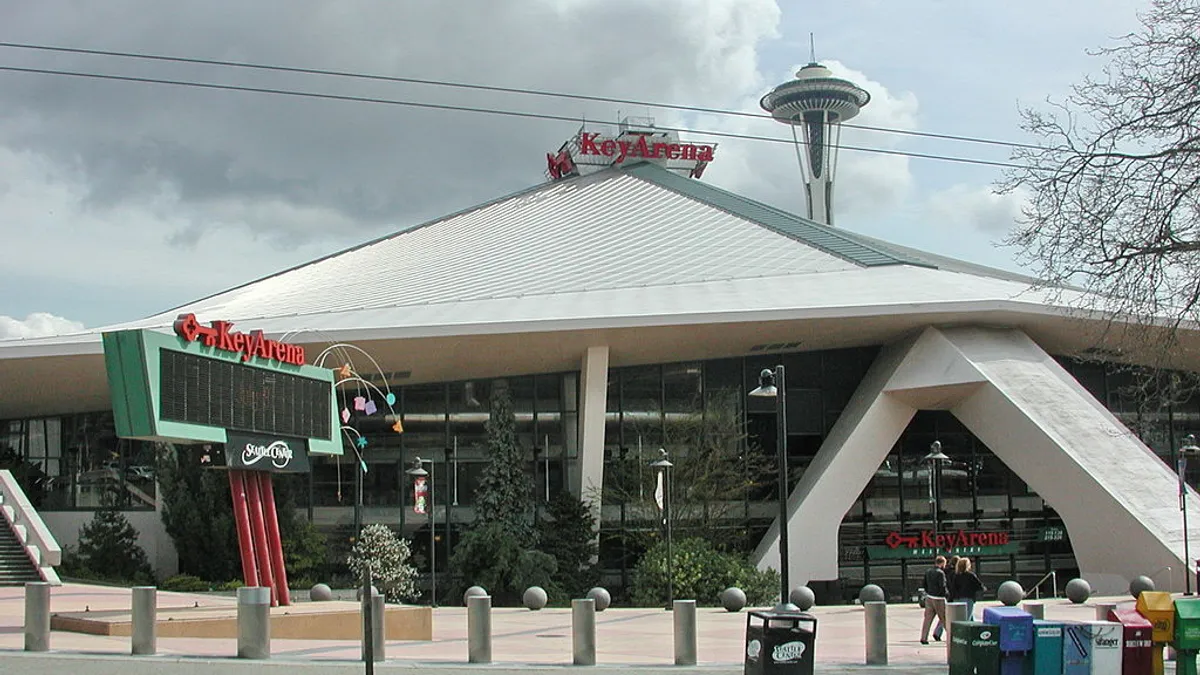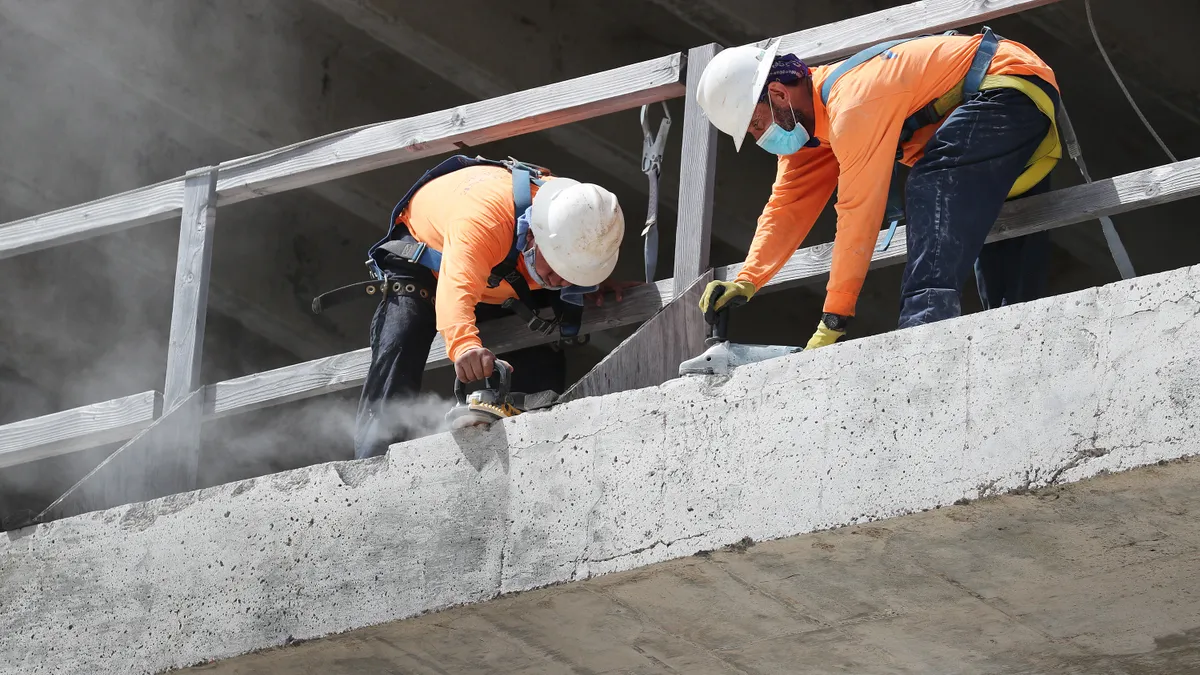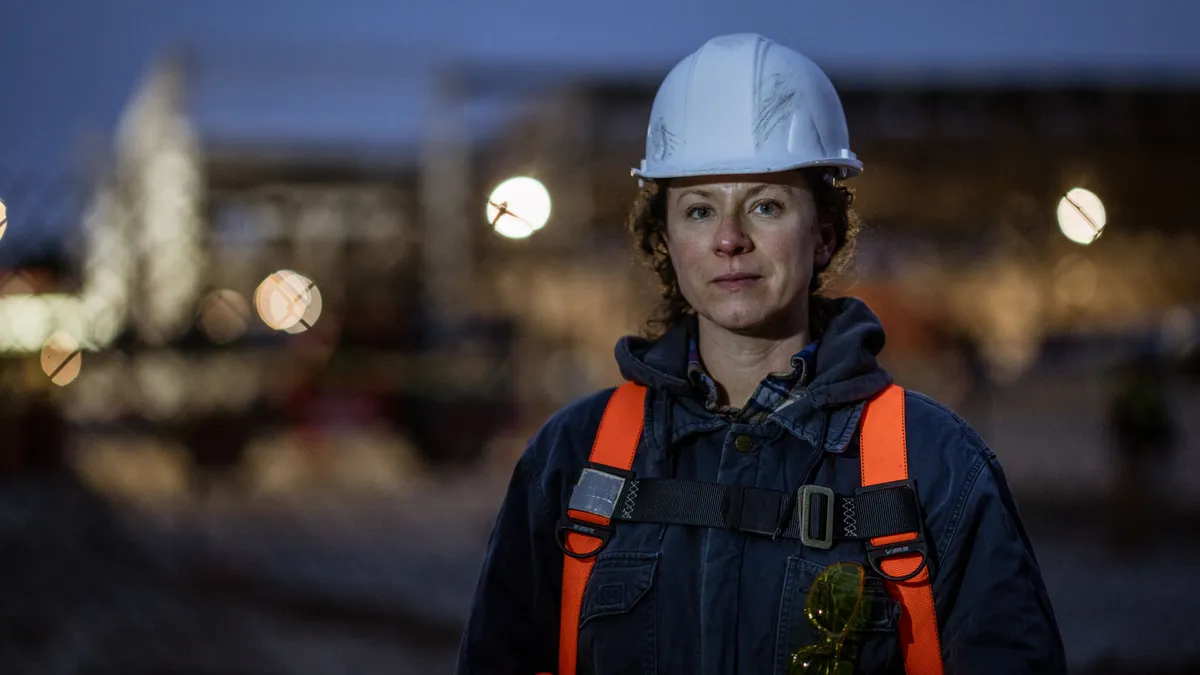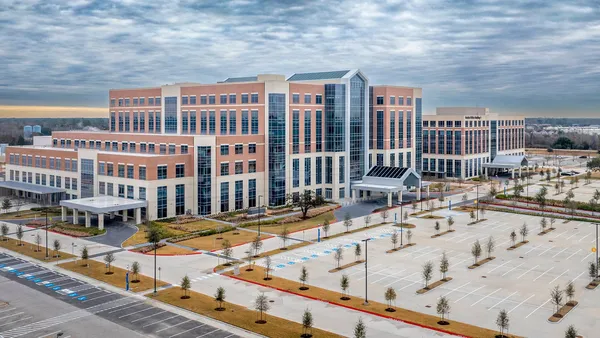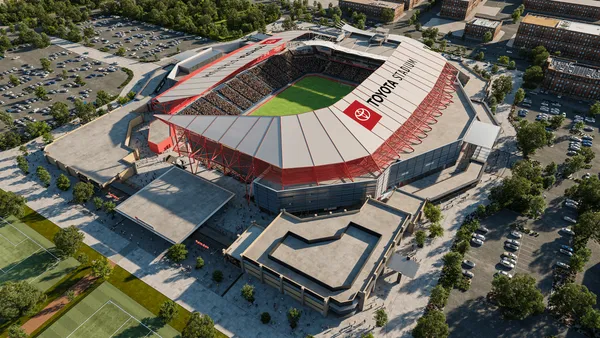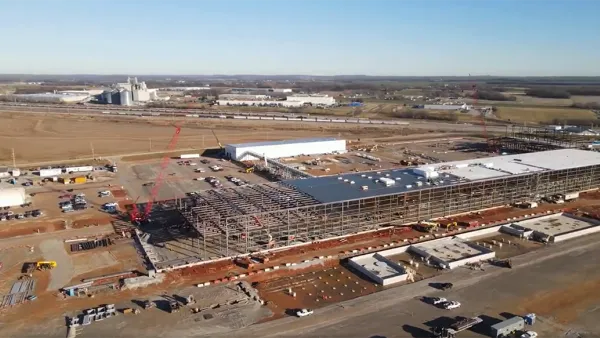Dive Brief:
- Accepting the recommendation of its Select Committee on Civic Arenas, the Seattle City Council voted unanimously Monday to approve a $700 million redevelopment deal for the city's downtown KeyArena. The new arena is expected to host a National Hockey League team and possibly a National Basketball Association franchise at some point in the future.
- The council gave the green light to a development contract with Oak View Group that will see the existing arena transformed into a "world-class, multi-purpose sports and entertainment facility." Oak View is responsible for the cost of design, permitting and construction, along with any potential cost overruns and defects. The city will be responsible only for work that it specifically requests. According to the agreement, the work at the arena site will include retention of "landmark-designated" features, including the existing roof; removal of the south façade; an atrium lobby entrance; demolition of five buildings, a skate park, two plazas, a surface parking lot and a loading area; below-grade parking and a new arena, as well as accompanying facilities, that is expected to seat up to 19,000 people.
- Construction is scheduled to begin next month and last two years. Demolition is scheduled for completion by the end of January, with the new bowl and concourse structure expected to be complete by March 2019. Punch list work and the opening of the arena should be finished by the end of September 2019. The joint venture of Skanska USA and AECOM Hunt will head up construction. Oak View is also part of the group that will lease and operate the property for 39 years.
Dive Insight:
By handing over the arena development and operations to a private group, the city is able to transfer the risk, as well as the cost, of construction and the management, while still having a say in the end product and retaining ownership. Municipalities are always in search of ways to pay for projects like these, so it's likely a model the industry will continue to see.
Even some infrastructure projects are eschewing state and federal money in favor of private financing. Texas Central Partners is funding the $12 billion to $15 billion Dallas-to-Houston high-speed rail project without help from public entities. In fact, Texas lawmakers passed a bill barring the state from participating in any funding, including any future bailouts. Texas Central has taken on equity investors and recently secured $300 million in loans from Japanese lenders.
Similarly, rail company Brightline is funding its Florida rail system and just purchased the stalled XpressWest line that will run from Southern California to Las Vegas. The company is also in talks with the state of Florida to build a privately funded high-speed rail system between Tampa and Orlando.


